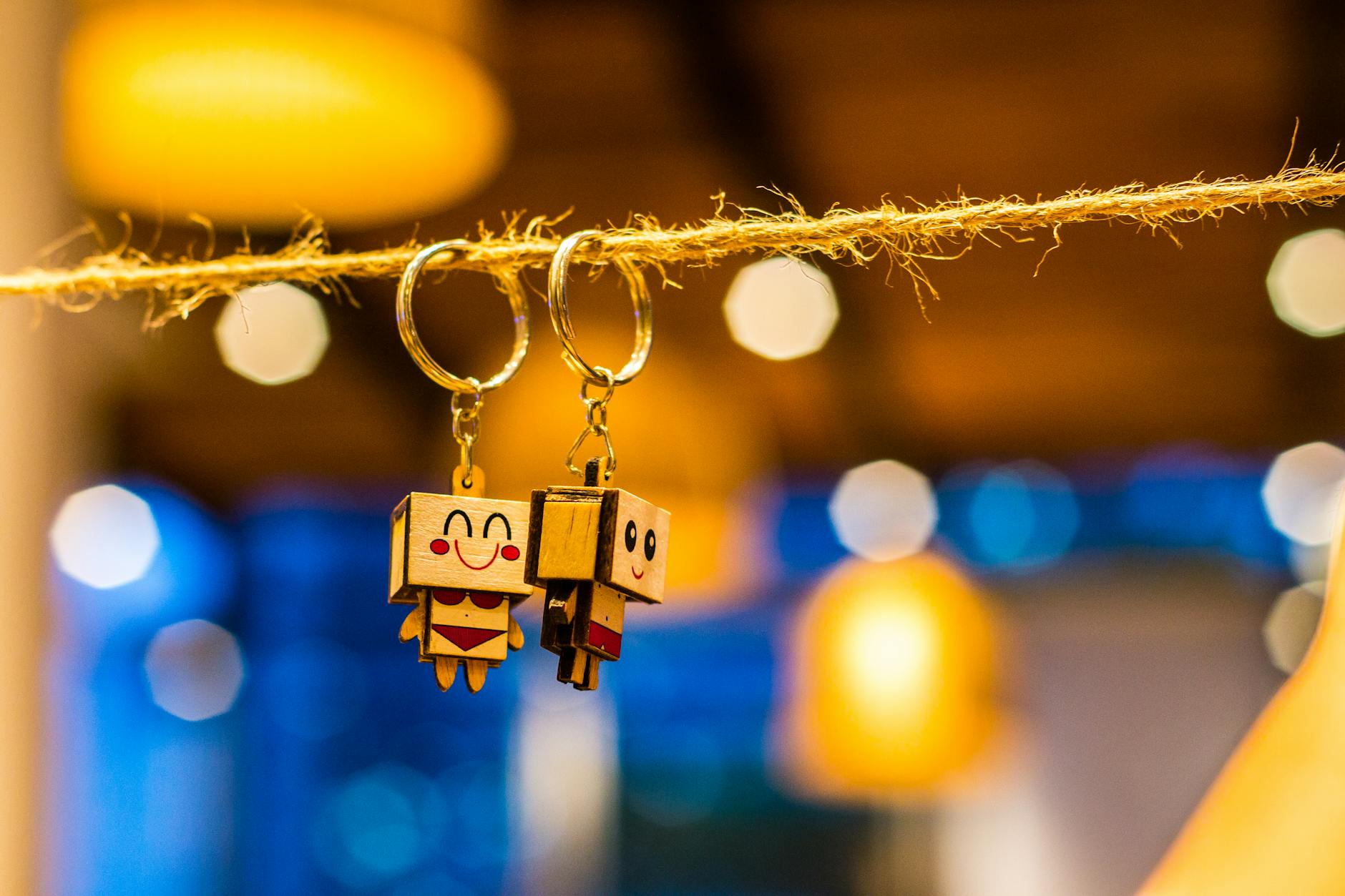Discover how to calculate your personal beer limit for intoxication and make smarter drinking decisions with this handy guide!
Table of Contents
When it comes to alcohol consumption, one of the most common questions that arises is, “How many beers does it take to get drunk?” While the answer may vary from person to person, understanding the science behind alcohol metabolism, individual tolerance levels, and the various factors influencing intoxication can help shed some light on this age-old query.
The Science Behind Alcohol Metabolism
Alcohol metabolism is a complex process that occurs in the liver. When you consume alcohol, enzymes in the liver break it down into acetaldehyde and then into acetate, which is eventually converted into carbon dioxide and water. The speed at which this process occurs can vary depending on a variety of factors.
One such factor is body weight. Generally, individuals with a higher body weight tend to metabolize alcohol more efficiently than those with a lower body weight. This means that someone who weighs more may be able to consume more alcohol before feeling intoxicated compared to someone who weighs less.
Gender also plays a role in alcohol metabolism. Women typically have a higher percentage of body fat and lower levels of water in their bodies compared to men. This results in alcohol being more concentrated in a woman’s bloodstream, leading to a quicker and more pronounced intoxication.
Individual Tolerance Levels
Individual tolerance levels vary widely from person to person and can be influenced by a variety of factors. Genetics, previous alcohol consumption, and overall lifestyle habits all play a role in determining how well someone can handle alcohol.
Genetics can influence how efficiently your body metabolizes alcohol and how quickly you feel its effects. Some individuals may have genetic variations that make them more sensitive to alcohol, while others may have genetic factors that allow them to consume more without feeling as intoxicated.
Previous alcohol consumption also plays a role in tolerance levels. Regular drinkers may develop a higher tolerance to alcohol over time, meaning they need to consume more to achieve the same level of intoxication as someone who drinks infrequently.
Factors Influencing Intoxication
Aside from individual factors, there are external variables that can influence how quickly someone becomes intoxicated. Mixing alcohol with medication, consuming alcohol on an empty stomach, and drinking in high-altitude environments can all impact the rate at which alcohol affects the body.
When alcohol is consumed alongside certain medications, it can interfere with their effectiveness and increase the risk of adverse reactions. It’s important to always check with a healthcare provider before drinking alcohol while taking medication to avoid potentially harmful interactions.
Drinking on an empty stomach can also accelerate the absorption of alcohol into the bloodstream, leading to a quicker onset of intoxication. Eating a meal before drinking can help slow down this process and reduce the risk of becoming overly intoxicated.
In conclusion, the question of how many beers it takes to get drunk is not a straightforward one. It depends on a multitude of factors, including individual metabolism, tolerance levels, and external influences. By understanding these factors and making informed choices, you can better gauge your personal alcohol limit and ensure a safe and enjoyable drinking experience.
Frequently Asked Questions
How can I determine my personal beer limit?
Answer 1: To calculate your personal beer limit, consider factors like body weight, gender, genetics, and previous alcohol consumption. Start by monitoring your reactions to different amounts of alcohol and adjusting accordingly.
Can genetics affect how alcohol affects me?
Answer 2: Yes, genetics play a role in how efficiently your body metabolizes alcohol and how quickly you feel its effects. Some genetic variations can make individuals more sensitive to alcohol, while others may have factors that allow them to consume more without feeling as intoxicated.
How does drinking on an empty stomach impact intoxication?
Answer 3: Drinking on an empty stomach can accelerate the absorption of alcohol into the bloodstream, leading to a quicker onset of intoxication. Eating a meal before drinking can help slow down this process and reduce the risk of becoming overly intoxicated.
What external factors can influence intoxication levels?
Answer 4: External factors like mixing alcohol with medication, consuming alcohol on an empty stomach, and drinking in high-altitude environments can impact how quickly someone becomes intoxicated. Always check with a healthcare provider before drinking alcohol while taking medication to avoid harmful interactions.


Leave a Reply